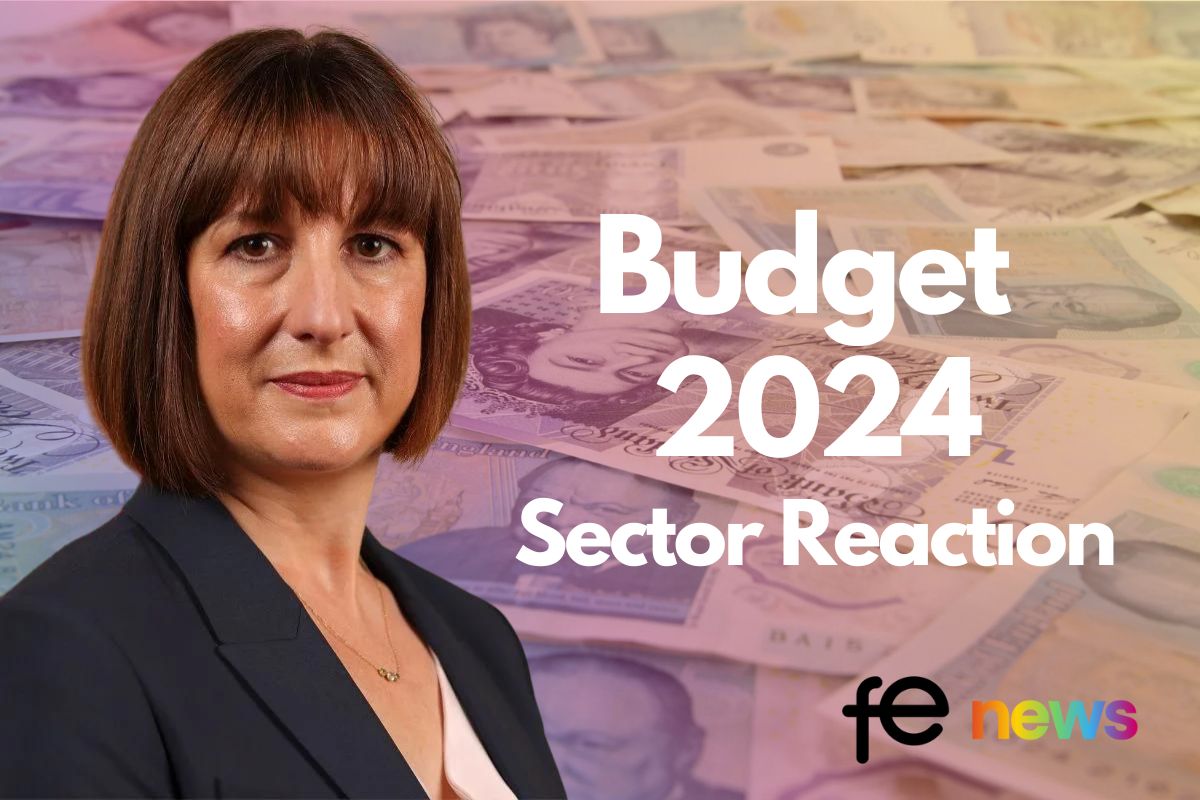Post-Nominal Letters: the reputation-enhancing boost apprenticeships need

Earlier this week the Skills Minister, Gillian Keegan, wrote to the Chief Executive of the Institute for Apprenticeships (IfATE) to offer strategic guidance for the coming year. It is well worth a read as it shows the Government’s priorities for apprenticeships and the future direction of travel for the sector.
One ambition is for the development of “a system of post-nominal letters for apprentices, linked to the achievement of the apprenticeship certificate.” Effectively, just as current graduates from university (e.g. BA, MSc, PhD) or members of chartered institutes (e.g. CMgr MCMI) are able to showcase their skills with a series of letters after their names, the Government wants to do the same for apprentices.
This is a great idea!
Many of us involved in education have often expressed our concern that vocational training doesn’t have the reputation of traditional academic study. We all see the huge efforts apprentices go to and the transformational knowledge, skills and behaviours they gain, but we are left worrying whether apprentices are getting the recognition they deserve. Equality of esteem between academic and vocational learning still feels like a pipe dream rather than a reality. The introduction of post-nominal letters for successful apprentices is an opportunity to begin changing that.
Some people will have concerns – in fact, if you follow the same LinkedIn discussions on apprenticeships as I do, you will have already seen some negativity. There remain doubts about the apprenticeship assessment plans and consistency of End-Point Assessment (EPA), raising concerns about the quality of apprenticeship grading.
Similarly, different apprenticeships – even when at the same level – require different knowledge, skills and behaviours, which post-nominals might struggle to reflect. And then there are grades for EPA – some of which are structured as Pass, Merit, Distinction whilst others are Pass or Distinction. It isn’t clear how letters after your name could reflect this important reform to apprenticeship grading.
Institute for Apprenticeships and Technical Education: Strategic Guidance: Skills Minister, @GillianKeegan, has written to Jennifer Coupland, the Chief Executive of the Institute for Apprenticeships (@IFAteched), to offer strategic guidance for the… https://t.co/LzkQAcoRje pic.twitter.com/gCQVDyWDt7
— FE News – The #FutureofEducation News Channel (@FENews) July 22, 2020
These are legitimate concerns and the IfA needs to take its time to get the structure right. But we must not let the perfect be the enemy of the good; instead, we should start by accepting that no system for post-nominal letters is perfect. Just look at universities. Nobody really thinks a degree from the highest and lowest ranked universities in the country are of the same value or assessed in the same way, but it doesn’t typically affect the letters graduates can use after their names.
Similarly, universities do not factor in subject or grade when awarding post-nominals. Two graduates from the University of Cambridge – one with a starred first in French & Spanish and another with a third in physics – would both be entitled to the letters BA after their name, regardless of their different subjects and grades. The letters reflect a general achievement, not everything about the relevant course of study.
So let’s spare ourselves any negativity, get the best thinkers in the sector together, and move ahead with this low-cost, reputation-enhancing boost for the apprenticeships sector. Many of us believe that apprenticeships should carry the same kudos and honours as more traditional approaches to learning. Post-nominals are not the silver bullet for creating this equality of esteem, but they are a big step in the right direction.
Lee Evans, CEO at Prepare to Achieve











Responses